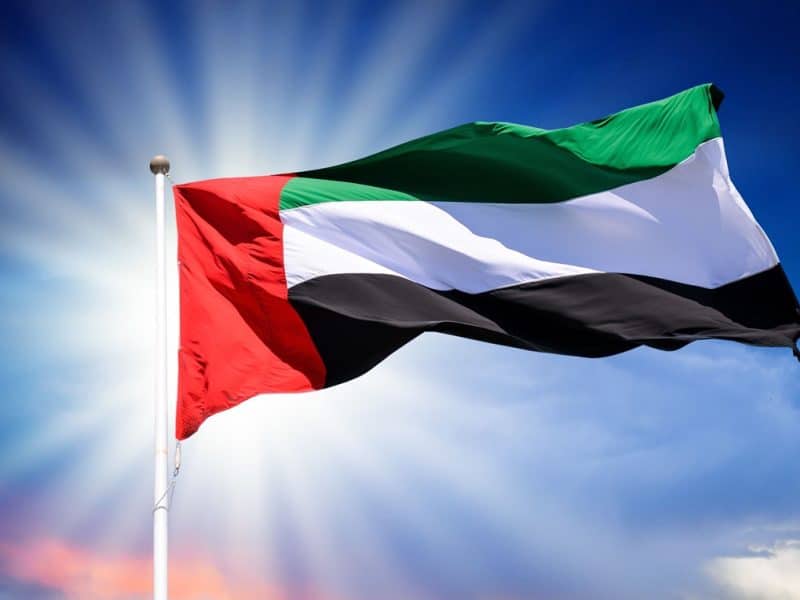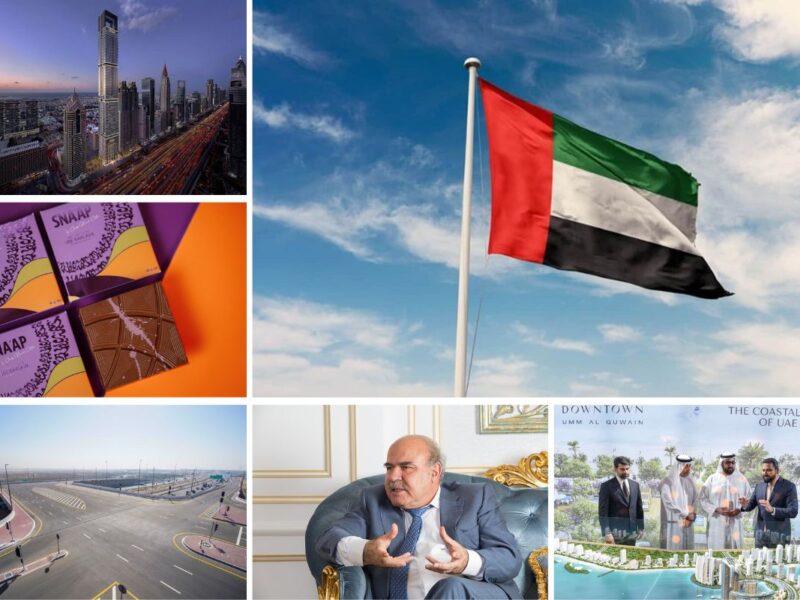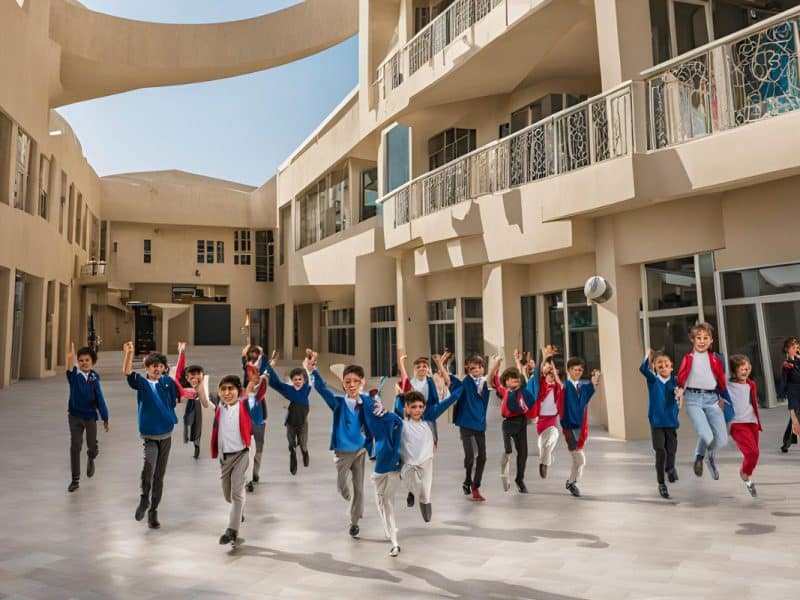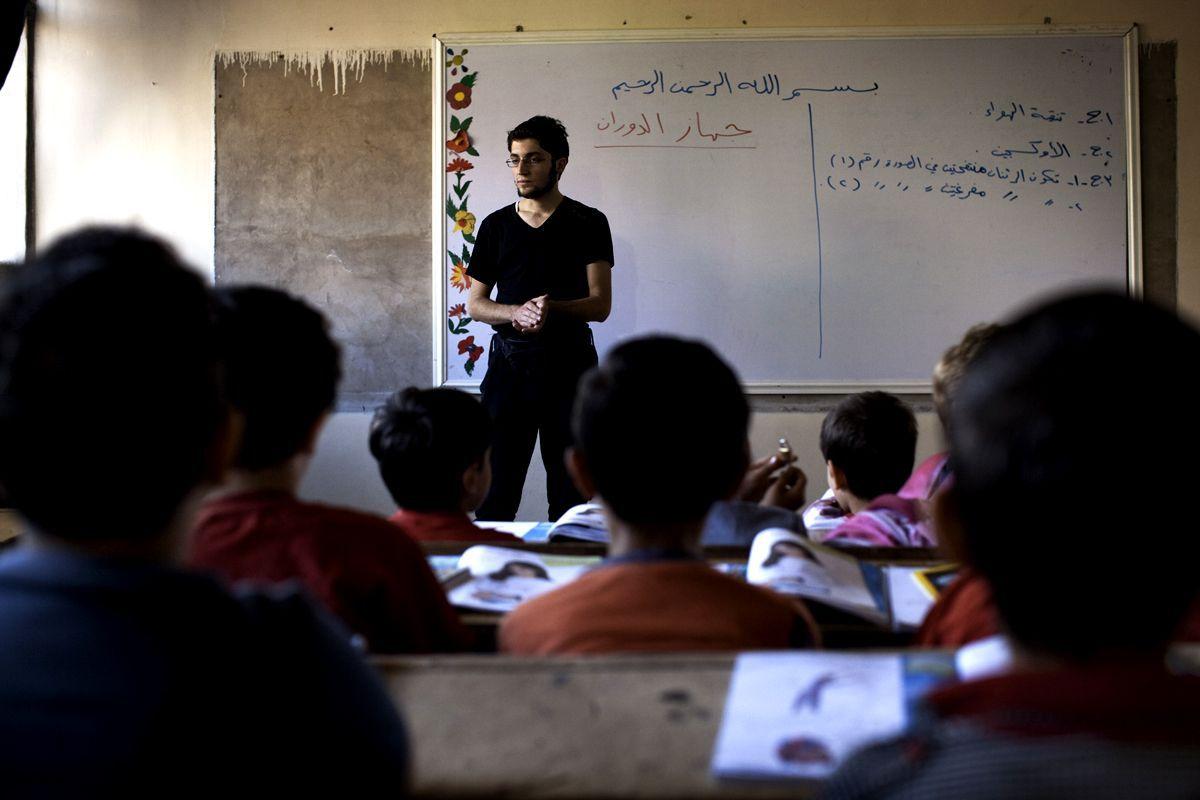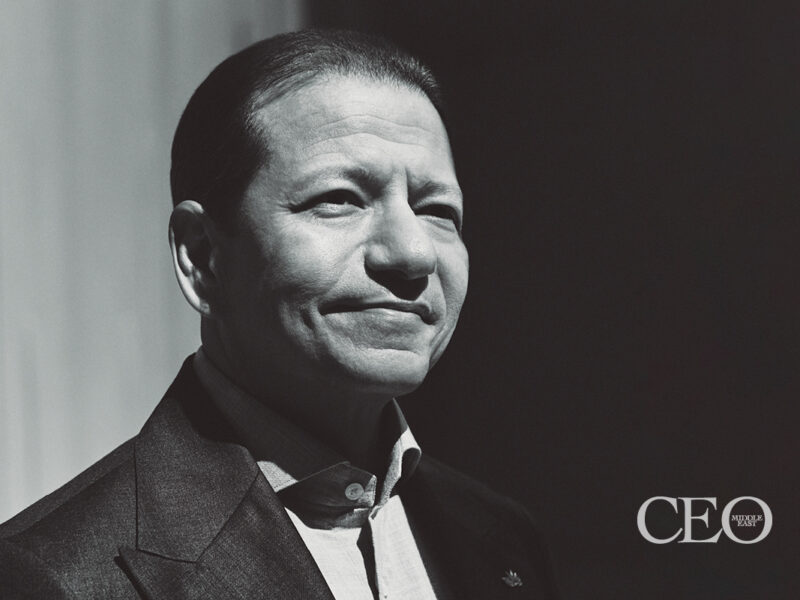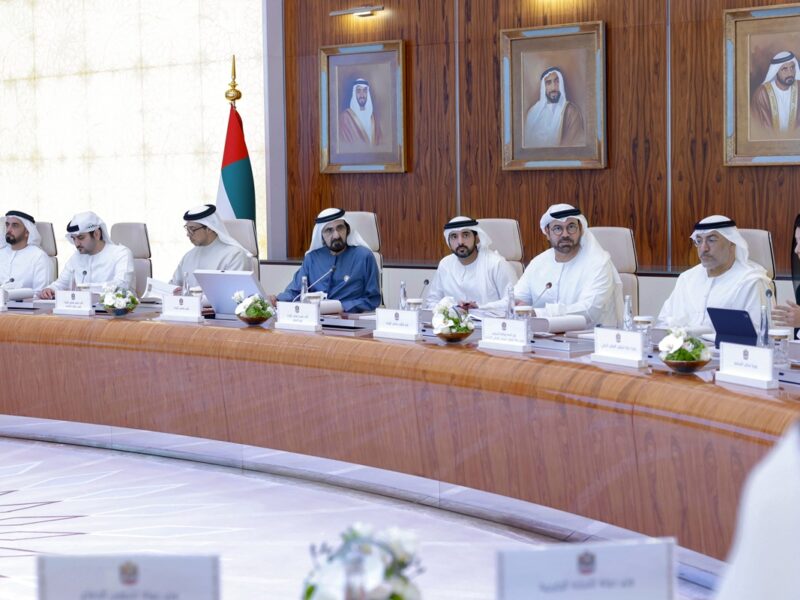Representatives from 20 Ministries of Education and Higher Education have met in Kuwait to identify ways to improve assessment in education systems in the Arab world.
Experts focused on the key challenges facing education systems in the region, discussed the role of student assessments in this process, and identified solutions drawing on global evidence, experiences, and best practices.
The three-day course with participants from across the Middle East and North Africa (MENA) region was sponsored by the World Bank in collaboration with the International Monetary Fund (IMF)-Middle East Centre for Economics and Finance (CEF).
“Several countries in the Arab world have made strides in expanding access to education but they now need to shift their emphasis towards improving the quality and relevance of their education systems,” said Bassam Ramadan, World Bank country manager in Kuwait.
“Ministries of education will need to ensure that what they provide is in line with today’s labour market and societal needs, and this requires that they have at their disposal better and more relevant data. Effective assessment systems can be part of this.”
Governments in the MENA region are making considerable financial investments in education but student achievement on international standardised tests is not up to par.
Moreover, youth unemployment continues to rise and graduates often lack the requisite skills to compete in the job market.
Building fair, accountable, and responsive systems will be central to the provision of high quality education services and meeting the region’s social and economic needs, the meeting heard.
“Questions that touch on human development are of central importance across the region, and when it comes to education in the Region, nothing is more important than enhancing the quality of that education,” said Philippe Karam, International Monetary Fund—CEF acting director.
The World Bank said it is well positioned to work with MENA countries on transformative education sector reforms, saying it can call upon data, experience and interventions stemming from its five decades of experience in the education sector in over 150 countries from around the world in order to help assist Governments to develop systems, policies, and institutions.
“The provision of good quality, relevant education requires that governments think more systemically and over the long-term,” said Harry Patrinos, World Bank practice manager for education in the MENA region.
“While building schools, hiring teachers, developing curriculum has been important in the region, there is now the need for good quality, timely, and responsive assessment systems in all education reform movements, simply because systems cannot easily improve what they have not first evaluated.”
The session was part of a series of human development related courses held in partnership between the World Bank and the IMF Centre.

